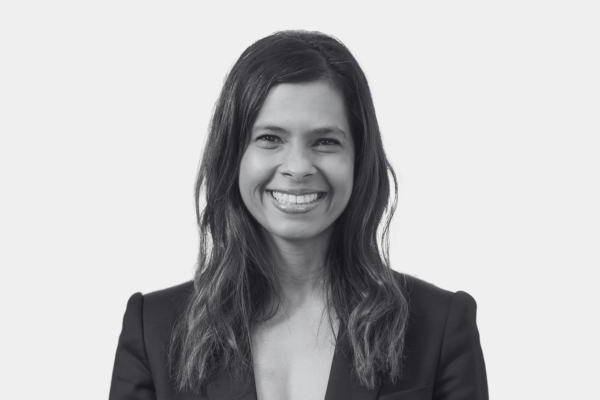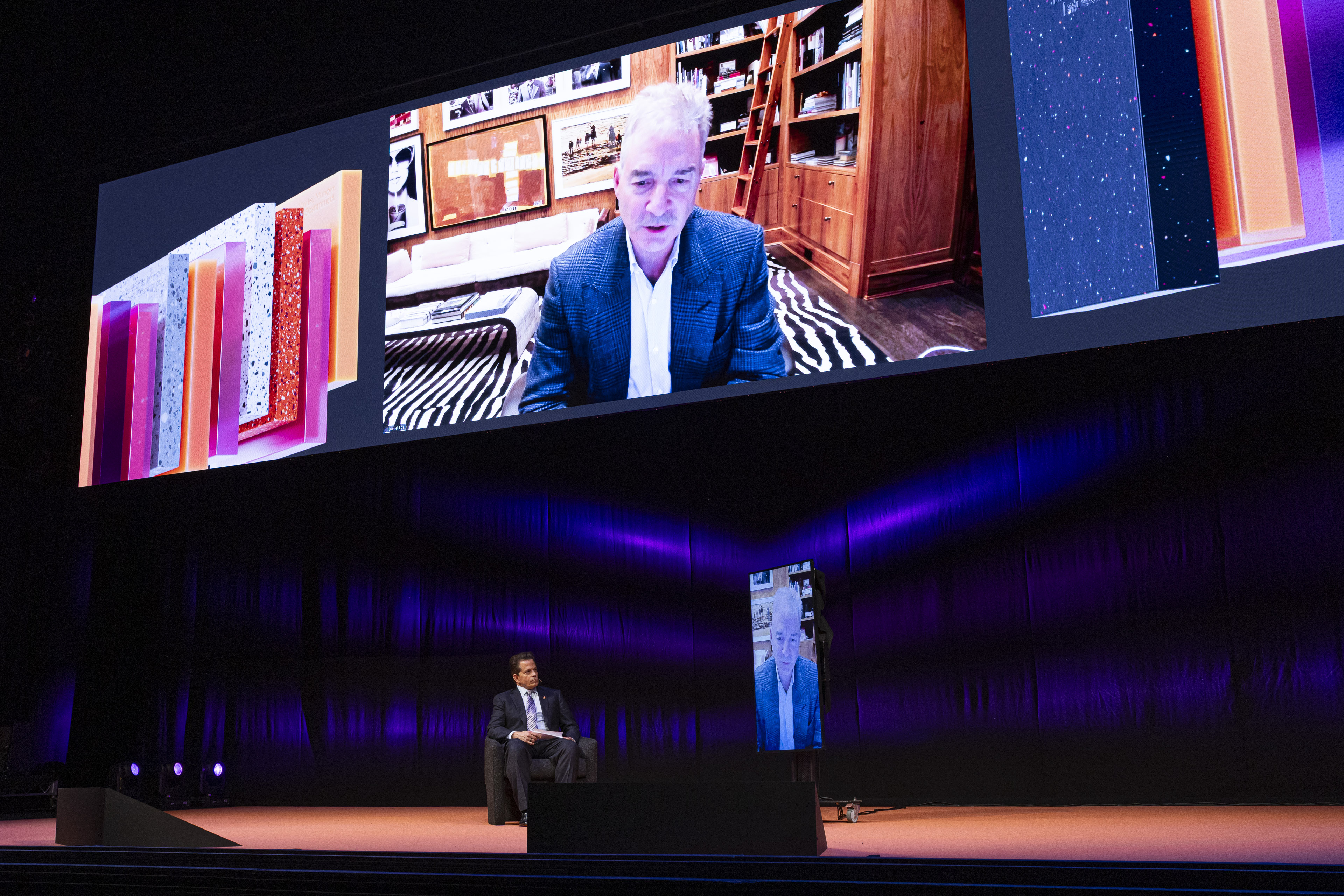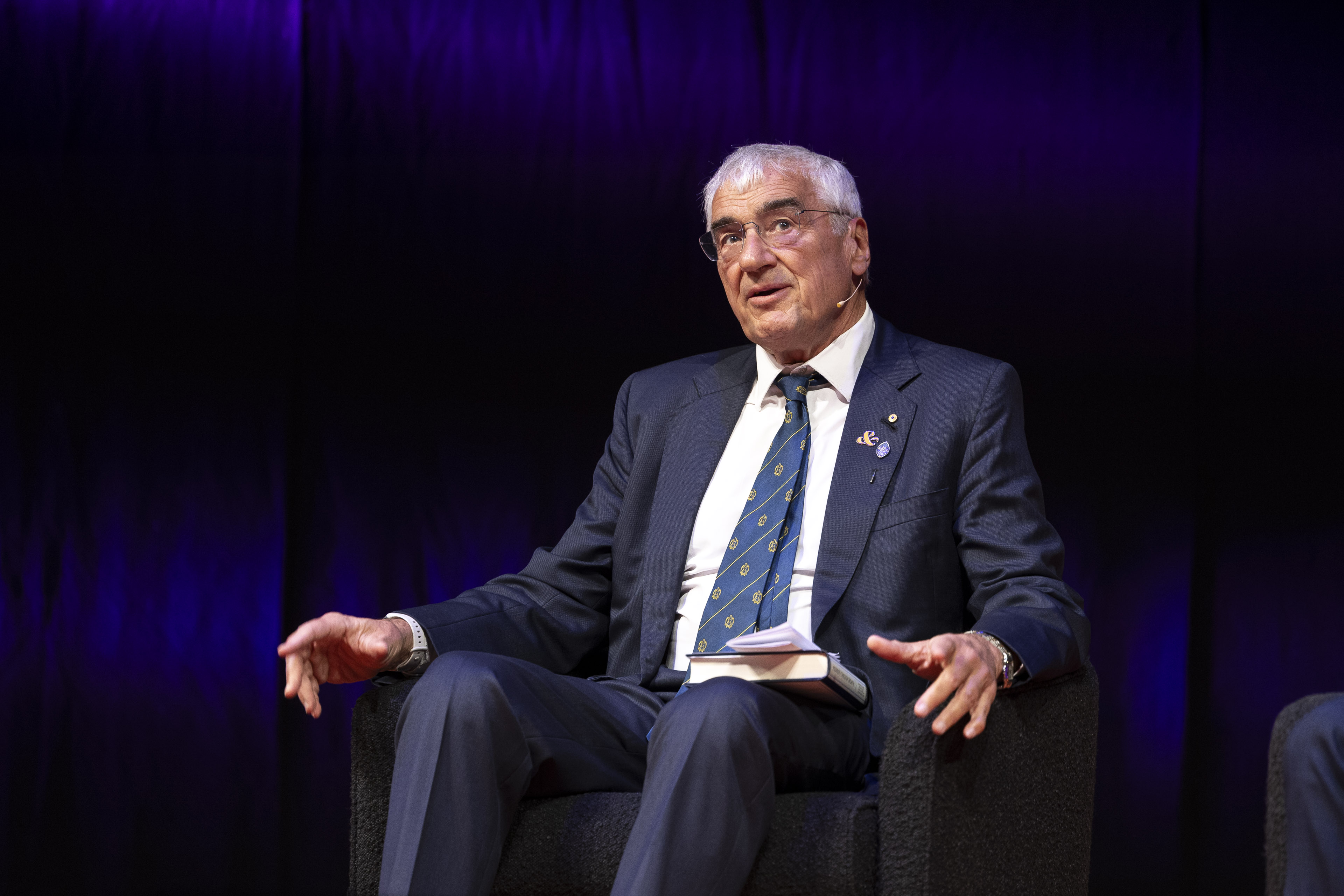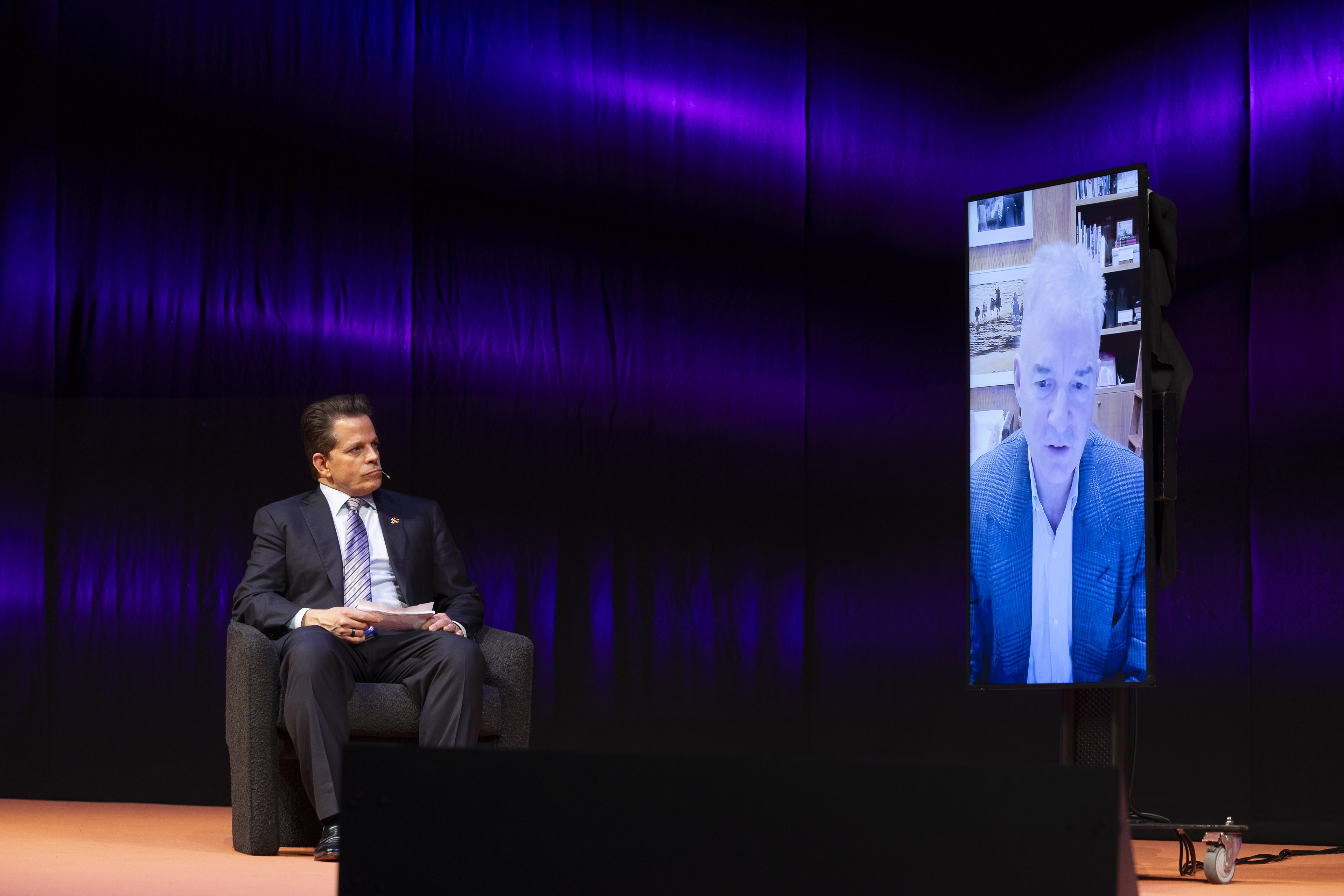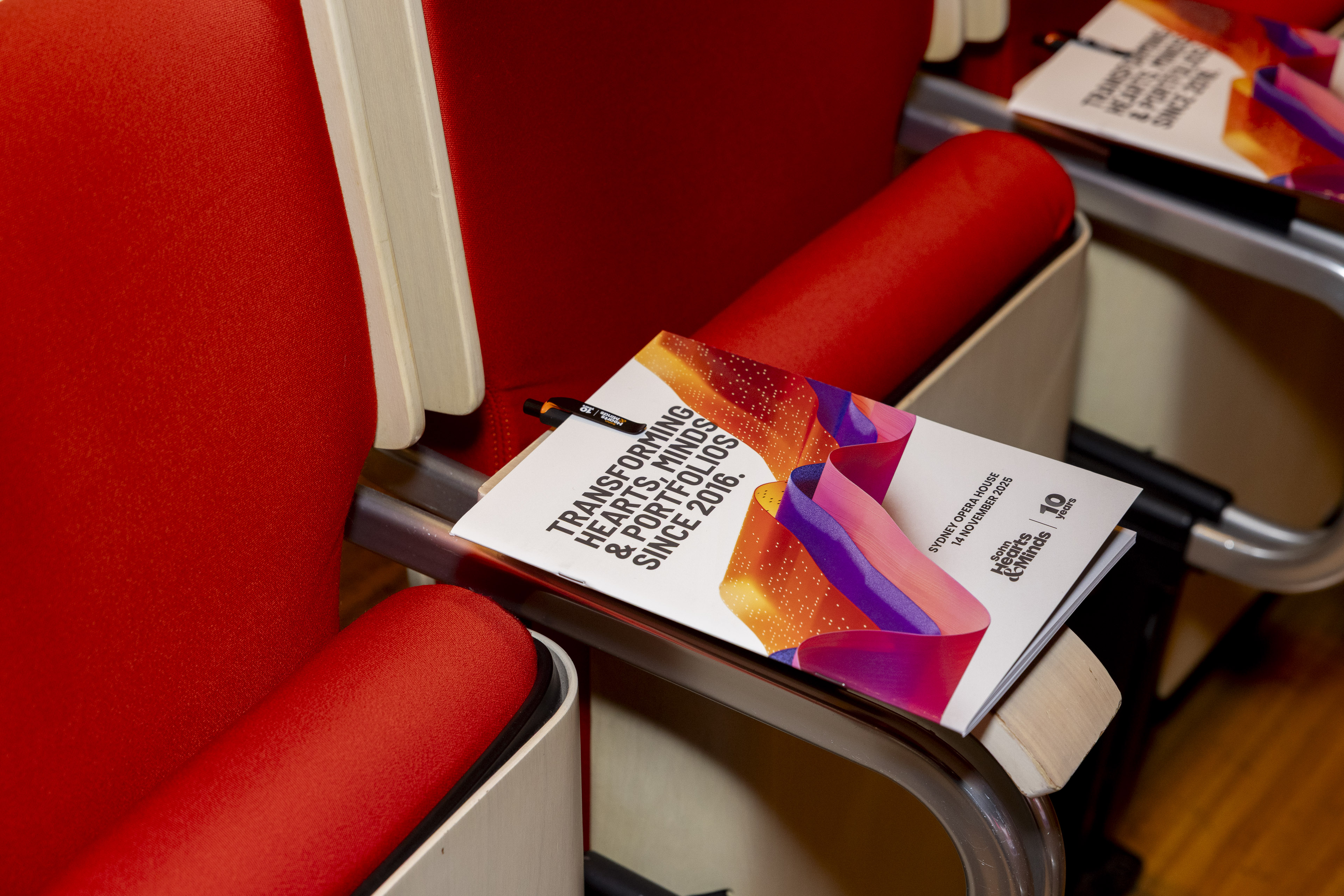There’s an afternoon ritual on Parramatta Rd for drivers heading to Sydney’s west.
Just before Strathfield, traffic starts to bank up in the left lane stretching back a kilometre or so into Concord while other cars drift through the two wide open right hand lanes jostling to find a spot closer to the front.
The reason? They are avoiding the M4 which has been designed to suck people out of the city quickly, in huge volumes, and back home safely.
Following Sunday’s price hike, a trip west on the M4 from Strathfield, the edge of Sydney’s inner suburbs to Church St, Parramatta, will now cost $7.26. Throw in a tunnel trip from Haberfield to dodge the potholes and traffic lights and that comes to $9.41. A round trip to the city and back is $18.82. Ouch.
Like every News Year’s day the price rose. This year surged at an annualised rate of 6 per cent and all of that goes back to a consortium majority owned by ASX-listed toll road operator Transurban. In three months time prices will increase again, followed by more hikes on July 1 and October 1. The increases are set to continue for decades to come.
Melbourne is also feeling the pain. CityLink, the road that kicked off the modern day tolling business model for Transurban now costs $10.93 for a full trip from the Ring Road in the northwest through to the Monash freeway. There and back comes to $21.86.
With inflation running at three-decade highs, the quarterly price hikes are hurting drivers more than ever this year. In Sydney where Transurban has a major stake or full ownership to pretty much every toll road from the Cross City Tunnel, M2, M5, M7 and M8, the tolls are hiked quarterly based on national inflation levels. None – except the M7 – can lower their tolls as a result of deflation, meaning the prices will ever only go one way.
There is a quirk for Queensland motorists, their toll hikes on AirportLink and Clem7 are set by Brisbane’s inflation rate – which currently at 7.9 per cent annualised is running ahead of the national average of 7.3 per cent. Ka-Ching.
Victorians have a slightly better deal in a higher inflation environment. An agreement with the state government has capped price rises to 4.2 per cent until 2029, before it reverts to an inflation-backed formula. Even so, during the years of ultra-low inflation Transurban still came out ahead. It is likely to in future years as inflation hits its 2.5 per cent long run average.
Cash machine
Loathed by motorists, but loved by investors, Transurban is the company that is suited to the times. It is an international, data-driven cash machine that has earnings margins averaging 72 per cent and represents the ultimate hedge in an environment where inflation is likely to remain sticky for some time yet.
Transurban came under focus when WaveStone Capital portfolio manager Catherine Allfrey nominated the old world roads operator as her top pick at the recent Sohn Hearts & Minds investment conference.
“This company has performed exceptionally well over a long period of time. And it has what we call a lot of quality attributes. It has a (defensive) moat and is going to perform exceptionally well over the next few years,” Allfrey says.
She points out the growing population will add to traffic demand in coming years which will soon see Transurban’s traffic move from 2 million daily trips currently to 3 million – including its footprint in the US where it operates interconnecting roads in the greater Washington DC region.
The heavy debt load of state governments also means they will increasingly turn to Transurban to fund the development of big ticket road infrastructure which will continue to drive traffic growth and extend the life of existing road concessions.
“Toll roads are actually our surplus capacity in a city’s (road) network. As the traffic goes up, it’s an amplified effect on the toll roads,” Allfrey says.
Still it is a company nearing its own crossroads, Scott Charlton, the bearded chief executive who set Transurban up as a long-term investor darling, entering his eleventh year in the role. Charlton is backing himself buying additional stock in recent months during trading windows, adding to his $10m stake in the company.
New chairman, the former Medibank boss Craig Drummond is working on succession planning with Transurban now in a position where it has a deep enough pool for internal candidates. Transurban’s WestConnex boss and one time PwC executive Andrew Head and former investment banker turned chief financial officer Michelle Jablko are those leading the race.
Too big?
Transurban is now just as much a finance company as it is toll roads, with much of the upside set to come in future years around how it manages its $23.5bn debt pile. Currently it is 96 per cent fixed to protect against near term rate rises but future refinancing deals can offer upside.
Days before Christmas, Transurban won approval to extend its life on the M7 toll road by three years in return for widening the 40km road and building an interchange that connects with a motorway to be built with the new western Sydney airport.
It makes smart business because the interchange will funnel cars from the airport to either the city’s southern or northern suburbs – all while travelling from one Transurban property to another.
The company has an average concession (toll road) life of 30 years with some roads more than 60 years and has several concessions under development. As well as brownfield expansions to existing roads a new chief executive would have buying a stake in the North East Link toll road being built by the Victorian government as a priority. A new chief also needs to open the troubled West Gate Tunnel project within two years without any further blowout in costs. Last year both Transurban and Victoria’s Andrews government were forced to tip in an extra $1.7bn each given problems with contaminated soil, taking the total project cost to more than $10bn.
According to Transurban’s own forecasts, tolling revenue is set to increase by between 12 per cent and 15 per cent over the next two years across key assets given the compounding effect of inflation.
The expansion projects aren’t just thought up in the back room, Transurban uses data-science to model the impact of population forecasts and predict how that is likely to impact future traffic flows. Indeed with post-Covid trends of more cars on the road, this Transurban argues, are why projects like the M7 widening and West Gate Tunnel projects are needed to keep cities moving.
And so far there has been little appetite among state governments to drive down tolls on new projects, when the lure of multi-billion dollar infrastructure project is on offer.
A single trip for a family driving from Sydney’s Campbelltown to the Central Coast on Transurban’s network now costs $22.80 – watch that number compound in coming years.
But a bigger force for Transurban might be in the form of the competition regulator which has previously warned of the company’s “significant incumbency advantages” suggesting it might be hitting the speed limits of its growth prospects in some markets when it comes to bidding for new road projects.
As tolls move deeper into the double digits in coming years this is likely to see a review of pricing models and whether cross-subsidies are in play. That is, motorists are paying a premium to drive on maturing assets so Transurban can fund its newer roads.
A new CEO will have to navigate this.
This article was originally posted by The Australian here.
Licensed by Copyright Agency. You must not copy this work without permission.
Disclaimer: This material has been prepared by The Australian, published on 5 January 2023. HM1 is not responsible for the content of linked websites or content prepared by third party. The inclusion of these links and third-party content does not in any way imply any form of endorsement by HM1 of the products or services provided by persons or organisations who are responsible for the linked websites and third-party content. This information is for general information only and does not consider the objectives, financial situation or needs of any person. Before making an investment decision, you should read the relevant disclosure document (if appropriate) and seek professional advice to determine whether the investment and information is suitable for you.


